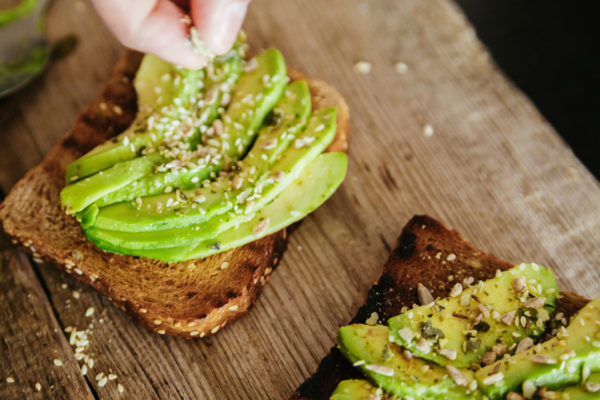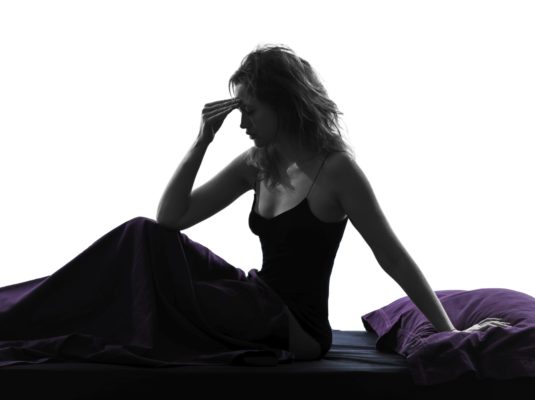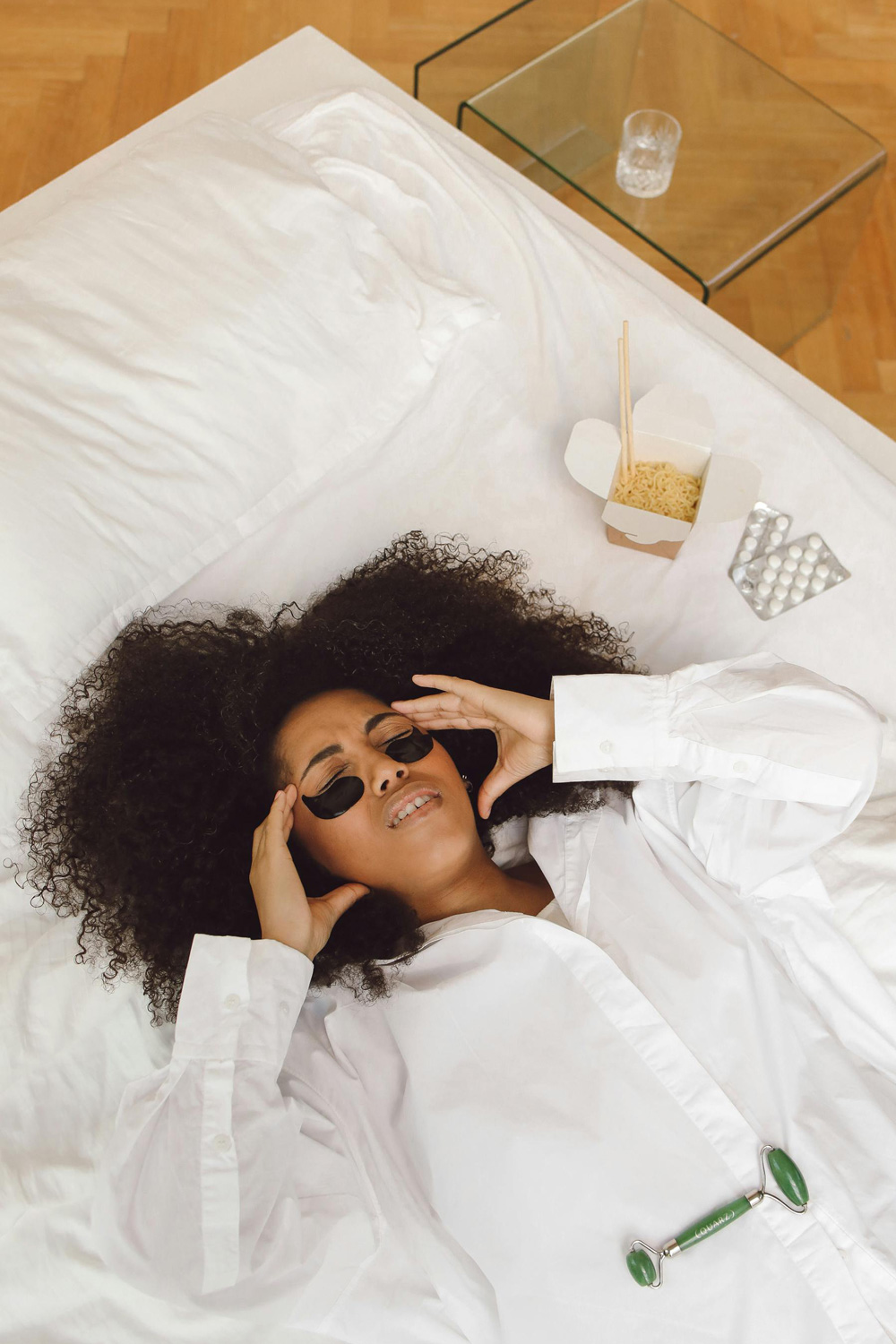
Why Do We Get Hangxiety?
By
4 months ago
The science behind those post-drinking jitters
Headaches, nausea, dehydration: we all expect to feel a little worse for wear after a night of drinking. But for some of us, the most troubling part of a hangover is the mental side: those feelings of unease, guilt and dread that so often creep in after consuming alcohol – widely known as ‘hangxiety’. So why does this happen? And how can we combat it?
Hangxiety: Causes, Symptoms & Remedies
What Causes Hangxiety?
Alcohol is a depressant, which means it causes changes to your brain. In the short term, this can make us feel great: during the early stages of drinking your brain releases more dopamine and enhances the Gaba receptors (neurotransmitters that have a relaxing effect on the brain), causing you to feel calmer and more confident. However, as the alcohol wears off, your brain attempts to restore the chemical balance by reducing the brain’s Gaba and increasing glutamate levels, which often leads to feelings of anxiety.
The physical feelings of a hangover can worsen the situation too: alcohol is a diuretic, and leads to dehydration, which can cause your heart to beat faster. Drinking can also affect our blood sugar levels, and affect our sleep, both of which further exacerbate hangxiety.
Alcohol affects our emotions. too – both while we’re consuming it and the following day. As James Roy, an expert from Brainworks Neurotherapy, explains: ‘alcohol also compromises our ability to hold back emotions, a brain factor called “gating”. Combined with other weakening factors such as fatigue from staying up late and poor quality of sleep that alcohol gives us, emotions can be unusually close to the surface the following day.
‘As a result a hangover gives us a glimpse as to what lies under the surface of our conscious mind. If anxiety is your underlying habit (as it is for so many), hangxiety will be at the forefront. For others, low mood or depression can come to the fore.’
Plus, drinking reduces our inhibitions, meaning it can make us act differently to normal, or say things we wouldn’t normally say. This, paired with hazy memories, is a recipe for inciting feelings of unease.
What Are The Symptoms Of Hangxiety?
- Feelings of depression and anxiety
- A general sense of impending doom
- Fast heartbeat
- Jitteriness
- Irritability and restlessness
- Racing thoughts
How To Reduce Hangxiety
Clearly, the main way to reduce hangxiety is by drinking less in the first place. But if you’re already suffering (it’s the festive season after all), fear not: there are ways to combat the symptoms.
Rehydrate
Begin by trying to reduce the physical effects, says Drinkaware. ‘If you’re experiencing hangxiety you may find it helps to tackle the physical symptoms of a hangover first, such as a headache and sickness. This may make you feel stronger, and better able to deal with your anxiety, too. Try and drink plenty of water to rehydrate and rest. It’s also best to avoid any “hair of the dog” drinking.’
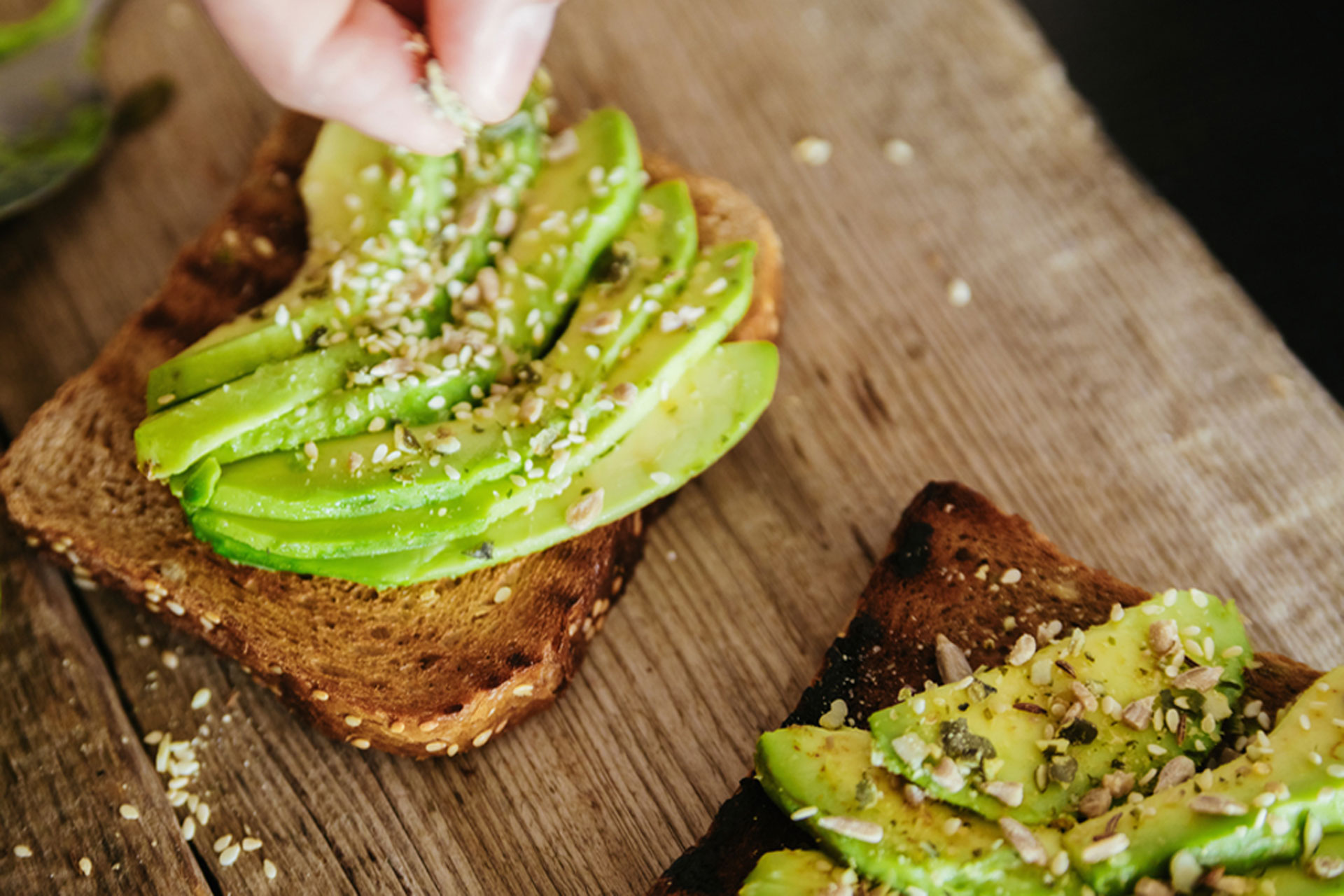
Prioritise Nutrition
It’s tempting to reach for salty, fried foods when the hangover hits, but opting for healthier foods can help rebalance our hormones. For instance, Megan Hallett, in-house nutritionist at hormone app Hormona, stresses the importance of upping our vitamin B intake. ‘One study suggests that social drinkers who have a higher dietary intake of nicotinic acid (vitamin B3) and zinc report significantly less severe hangovers,’ she explains. ‘So loading up on foods rich in these nutrients could be helpful. For B3, that would be things like beef, chickpeas, avocados, and bananas. For zinc, foods like shellfish, such as crab and oysters, pumpkin seeds and poultry.’
Avoid Caffeine
Unlike alcohol, caffeine is a stimulant, meaning it speeds up chemicals in the brain. For some people, consuming it can worsen feelings of anxiety, particularly if you’re already feeling jittery. Instead, opt for a chamomile or peppermint tea, both of which have been proven to help calm the nervous system.
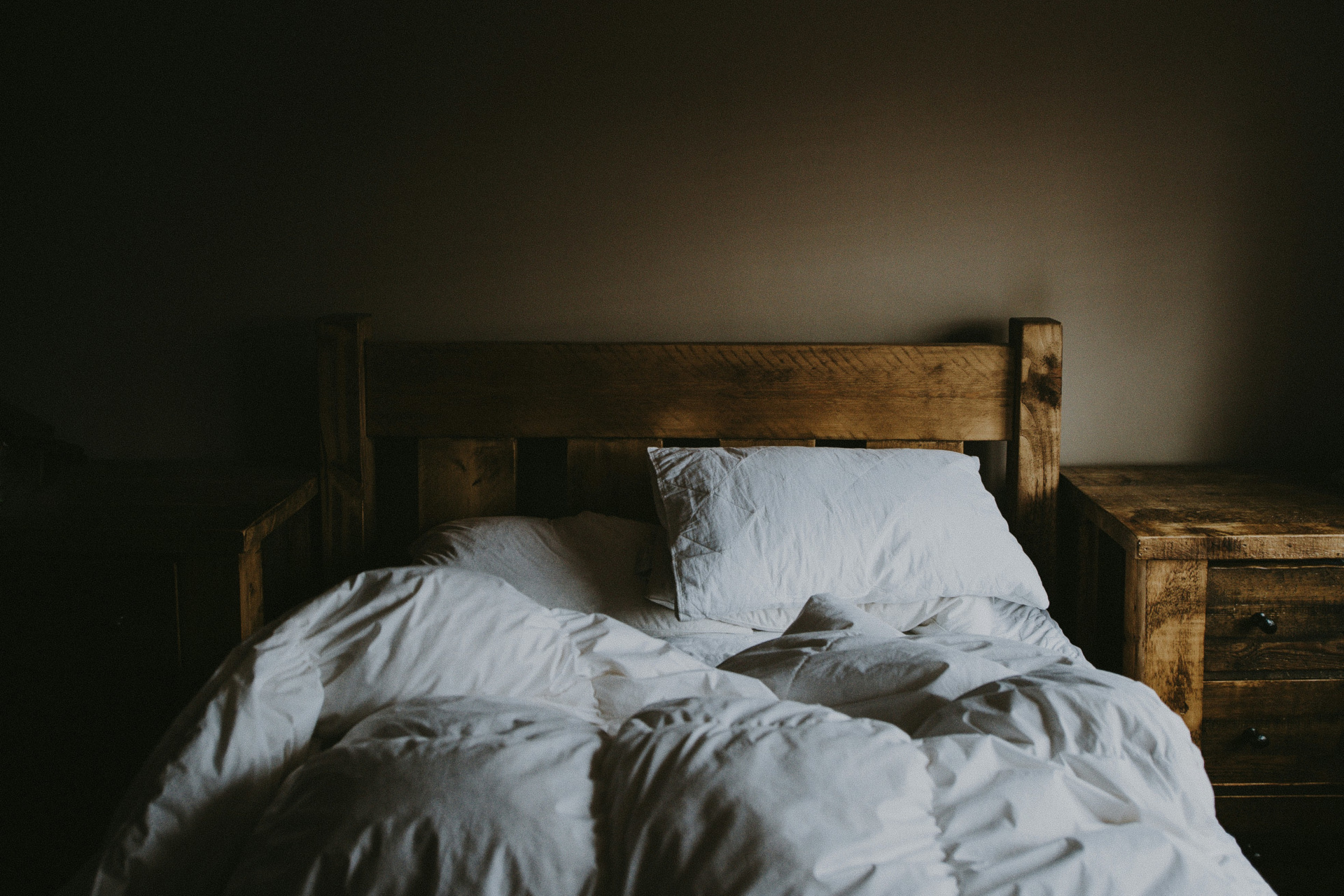
(c) Annie Spratt, Unsplash
Sleep It Off
A simple nap on the sofa could work wonders. ‘According to research, sleep deprivation amplifies reactions in the amygdala and anterior insula which are parts of the brain associated with anxiety,’ says Roy. ‘By getting enough sleep and rest, your body will calm down and alleviate some of the feelings of anxiety. Sleeping will also allow the reactions in amygdala and anterior insula time to regulate.’
Speak To Others
Reaching out to a friend can often help ease your mind. But if you feel like you need to speak to a professional, there are many anonymous services available such as Mind (0300 123 3393) and Anxiety UK (03444 775 774).







